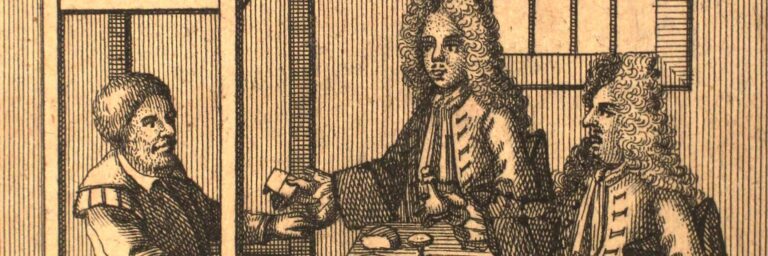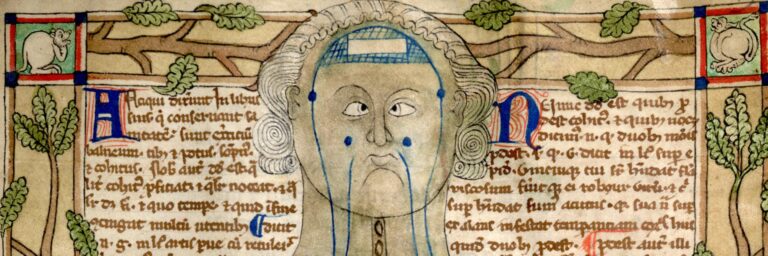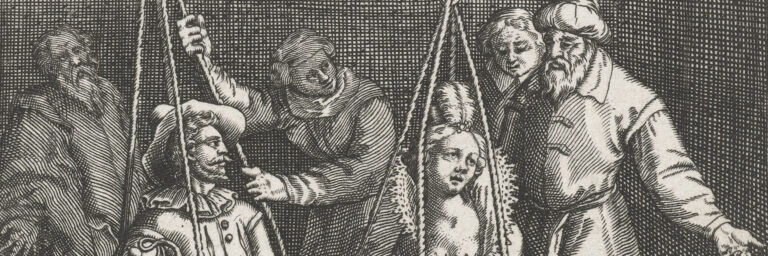The Actualisation of the Ideal Human in the Works of Roger Bacon
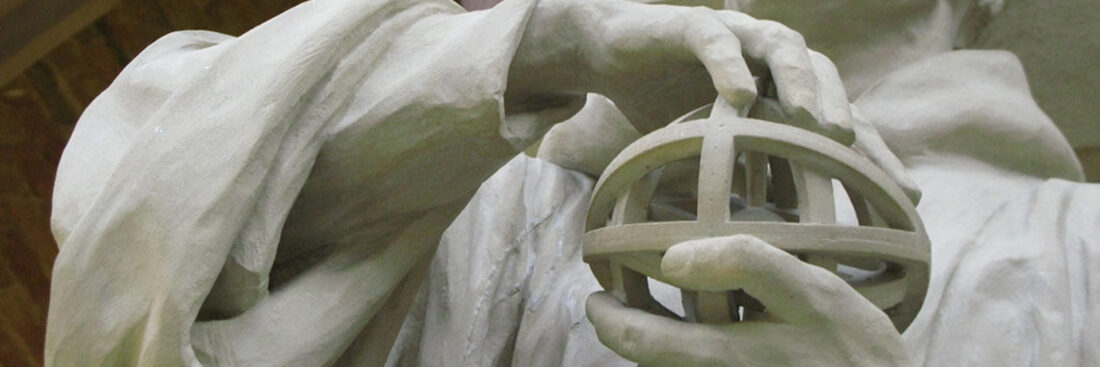
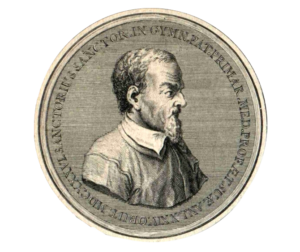
Santorio Lecture 2022
"Homo Potens Non Mori"
The Actualization of the Ideal Human in the Works of Roger Bacon
Meagan Allen
Thirteenth-century Catholic doctrine held that every person would receive a new body at the moment of the resurrection.Not only would this body be real: that is, physical, it would also be immortal, unable to be damaged via disease or injury.
Though this idea was commonly held in Latin Europe, it was given particular importance by the Franciscan Roger Bacon (1220-1292) in his alchemical-medical writings.
Bacon believed that man had the possibility of not dying, a potentiality that would be realized after the resurrection. However, Bacon also believed that by combining humoral medicine with alchemical theory and practice would allow one to approach – though not reach – a state of immortality in this life.
Rather than living for 70 to 80 years, as per the norm, one who had mastered alchemical medicine could live to 100, 200, or even 1,000 years of age.



